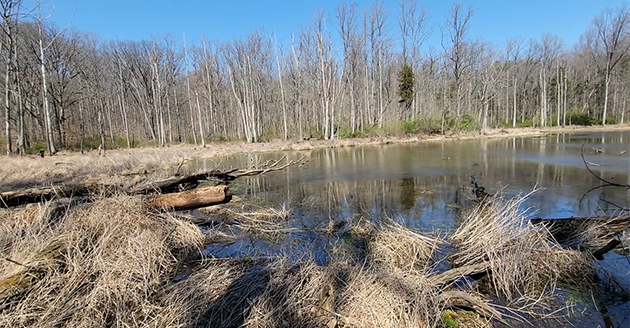Featured Stories

Survey tallies consumer attitudes toward lab-grown meat alternatives
Many consumers view conventional meats as both tastier and healthier than laboratory-grown...

Butcher Block adds eggs from chickens fed orange corn
The Boilermaker Butcher Block’s selections will now include farm fresh eggs laid by Purdue...

Scientists from dozens of countries coming to Purdue for forestry collaboration in Science-i Bridging Worlds Workshop
In the spirit of building a community to manage and protect the world’s forests, Liang and...

Behind the Research: Julie Hickman
Many people are involved in the remarkable range of programs, services and facilities that...

Center for Global Soundscapes Study Will Record How Animals Respond to Solar Eclipse
The upcoming solar eclipse on April 8 has drawn the attention of scientists and the general...

Farmer Sentiment Improves As Interest Rate Expectations Shift
U.S. farmers’ perspective on the future improved in March helping to push the Purdue...